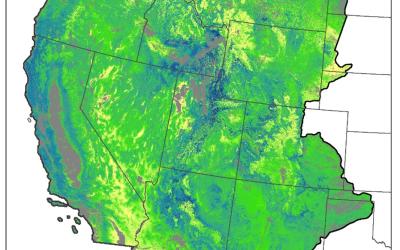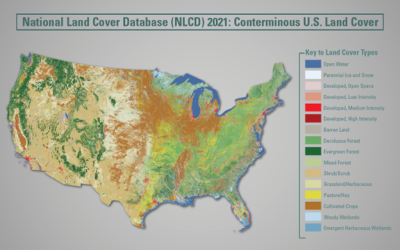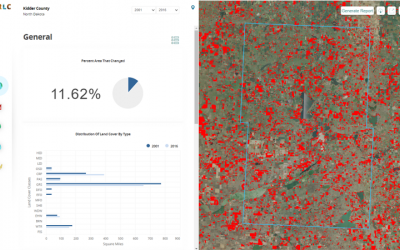NLCD Imperviousness (CONUS) All Years

The U.S. Geological Survey (USGS), in partnership with several federal agencies, has developed and released five National Land Cover Database (NLCD) products over the past two decades: NLCD 1992, 2001, 2006, 2011 and 2016. These products provide spatially explicit and reliable information on the Nation’s land cover and land cover change. To continue the legacy of NLCD and further establish a long-term monitoring capability for the Nation’s land resources, the USGS designed a new generation of NLCD products released in 2016. This design continues in 2019 and aims to provide innovative, consistent, and robust methodologies for production of a multi-temporal land cover and land cover change database from 2001 to 2019 at 2–3-year intervals. Comprehensive research was conducted and resulted in processes in streamlined processes for integrating specialized MRLC partner data along with numerous newly available dataset, assembling and preprocessing Landsat imagery and geospatial ancillary datasets; a multi-source integrated training data development and machine learning based land cover classifications; a temporally, spectrally, and spatially integrated land cover change analysis strategy; a hierarchical theme-based post-classification and integration protocol for generating land cover and change products; a continuous fields biophysical parameters modeling method; and an automated operational system for the NLCD 2019 production. These processes resulted in a five percent increase in accuracy from the 2011 product for an overall Level II & I Overall accuracy (OA) 86.4% & 90.6% in the NLCD 2016 release. (Wickham et. al, “Thematic Accuracy assessment of the NLCD 2016 land cover for the conterminous United States”, Remote Sensing of Environment, volume 257, May 2021, 112357 https://doi.org/10.1016/j.rse.2021.112357 )



